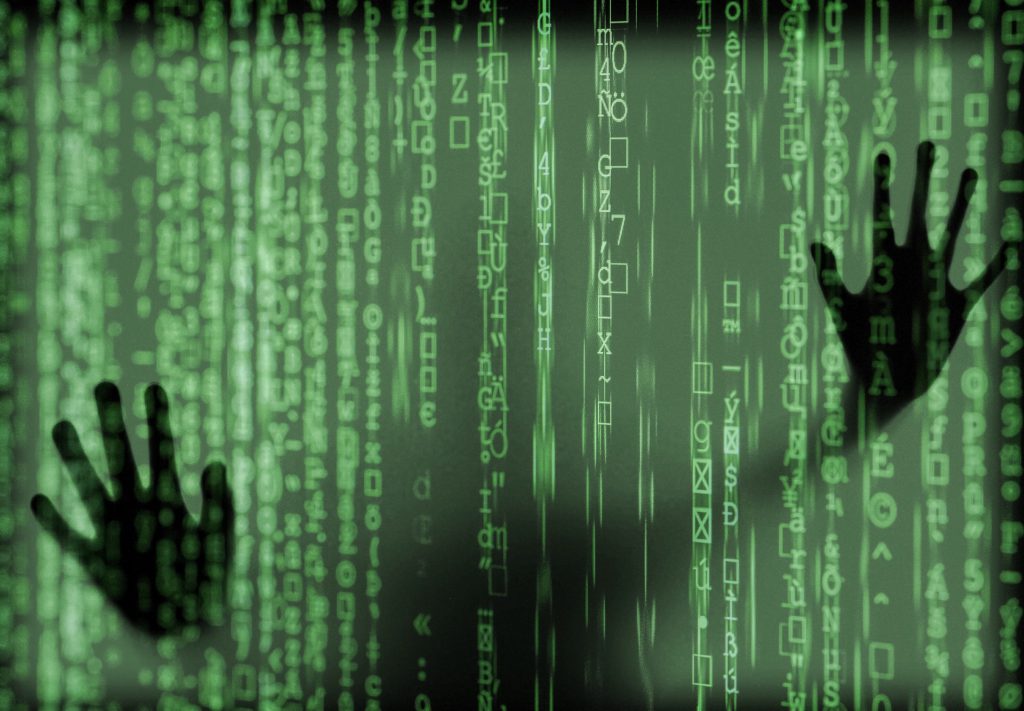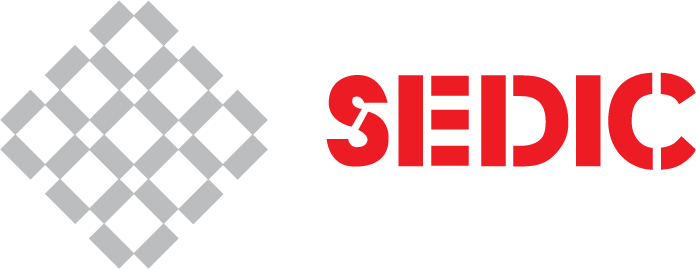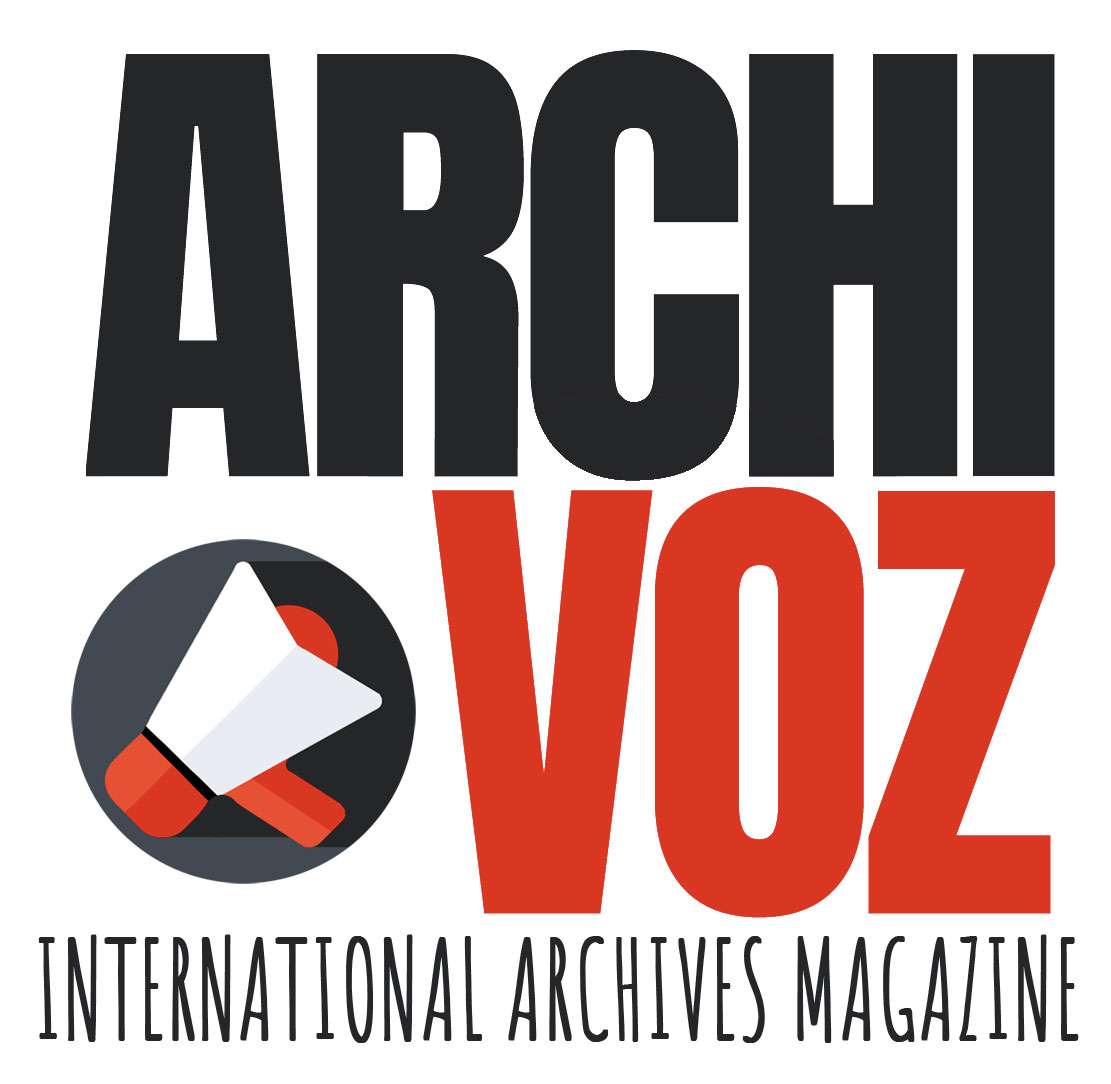Laurie Bridges is an Instruction and Outreach Librarian at Oregon State University’s Valley Library, where she acts as liaison to International Programs and Liberal Arts. She speaks with us about freedom of access to information and its relation to freedom of expression, and shares some ideas on overcoming language barriers and bias in academic research and publishing.
(Archivoz) You have written a great deal about overcoming language barriers as it relates to access to and participation in the academic research process. How did you become interested in that topic?
I’m going to be honest, I’m not quite sure. I know that people view it as strange, considering that I myself am monolingual. I grew up in a military family and most of my friendships growing up were cross-cultural. Many of my friends had parents who were immigrants and I was always curious to learn how their parents learned English (I recall one of my friends telling me that his dad learned English from comic books). So, the seed for this interest started early, just out of a child’s curiosity. I didn’t have the opportunity to study a second language until the tenth grade, when I was 16. I really struggled in French and quit after two years. Because of this, my admiration for language learners increased ten-fold. Skip ahead to librarianship, and in my current position I am the liaison to international programs at Oregon State University. I work routinely with international students who have not been admitted to the university, but are on track for admittance once they reach a higher level of fluency in English. In addition to the already high cost of attending a university in the United States, these students are paying extra fees to learn the language. Of course, it makes life easier for me, with everyone learning and speaking English, but I am concerned about the burden it places on non-native speakers and language learners. I have an unfair advantage.
(Archivoz) You yourself are no stranger to cross-cultural, cross-linguistic academic cooperation (if I’m not mistaken, you are on sabbatical in Spain as we speak). In what ways has this changed your approach to the information sciences?
I co-developed a short-term study abroad for-credit class with another librarian at my university, Kelly McElroy. Our class is titled, “Information and Global Social Justice” and is open to all students. I’ve taken students to Barcelona twice (2016 and 2018) and I like to meet people when I travel, so I started connecting with librarians immediately. In addition, I am involved with IFLA as a member of the Freedom of Access to Information and Freedom of Expression Advisory Committee. Because of my international connections and involvement, I have adjusted my presentations and articles to address a global audience. It’s one of the best aspects of librarianship—we are all over the world, so we can learn from one another and become better librarians for our communities as a result.
(Archivoz) How is access to information related to global social justice, and how does language play into that?
Information does not flow equally around the world. English has become the lingua franca, especially in science. If a scientist or medical doctor does not speak English, how can they learn about the latest breakthroughs, or speak with their peers at international conferences? We have the great advantage of living in the United States and learning English as our native language. How can scientists here ensure that their research can be read by other scientists who do not read or write in English? I don’t have the answer; it’s a question I’m asking and I wish more people were asking, as well.
(Archivoz) In your mind, what is the connection between freedom of access and freedom of expression?
Freedom of access is the ability to read and learn about whatever it is you want to read and learn about. For example, Wikipedia is blocked in China and Turkey—they cannot access information that the rest of the world can. Another example is the high cost of medical journals: if I do not have the money or access through a library subscription, then I cannot read the journals. What if I have some rare disease and I want to read everything ever written about it? For me, as a librarian in the United States, I know that through hard work and my connections I can probably get everything there is—in English. But what if the key to resolving my health issue lies in a Chinese journal? I do not have access. What if I am a single mother who works two jobs in a rural part of the United States that lacks a library and high-speed internet? Freedom of access can be hindered in many ways, and as librarians we should be working to break down these barriers to access in every way possible. Freedom of expression is the freedom to say and write whatever I want. If I am an author smuggling my book out of North Korea, my freedom is limited. If I am a rapper in Spain who is put in jail because I rapped about the government, my freedom is limited. As an undergraduate student at the University of Nebraska I was very involved in Amnesty International. It was the early 1990s and we spent most of our time writing letters to countries who had imprisoned people, without trial, for many reasons including speaking against the government. This is where my interest in these topics began.
(Archivoz) If a student in your Information and Global Social Justice class were to learn only one thing from the class, what would you want it to be?
That we are all interconnected; we are members of a global society. The issues facing us in the United States are worldwide: poverty, language justice, healthcare inequity, immigration/migration. What we read in the news about other countries and people is not always the whole truth.
(Archivoz) I have seen and heard a lot recently about English as a gatekeeper language in academic publication, especially in terms of scientific research. You mentioned that you benefit from that as a native English speaker. How does this gatekeeper status relate to freedom of access and expression?
I think a first step is to raise awareness about the issue. I don’t think most editors or reviewers are aware that they are language gatekeeping, because it’s a privilege that is invisible to them.
(Archivoz) Archivoz publishes articles in several languages. Do you have any advice for us (and other similar efforts) as we seek to reach and include both readers and writers from a variety of linguistic backgrounds?
In the United States, it is not common to offer abstracts or articles in languages other than English. I have been exploring ways to do this, including talking to publishers. For example, I am currently working on an edited book idea with several colleagues, and we’re trying to decide how we might best offer the book in more than one language. Should we publish the entire book in translation? Allow for crowd-sourced translations? Have people submit translations after the book is published? We’re not sure yet, but we are looking for ideas.



